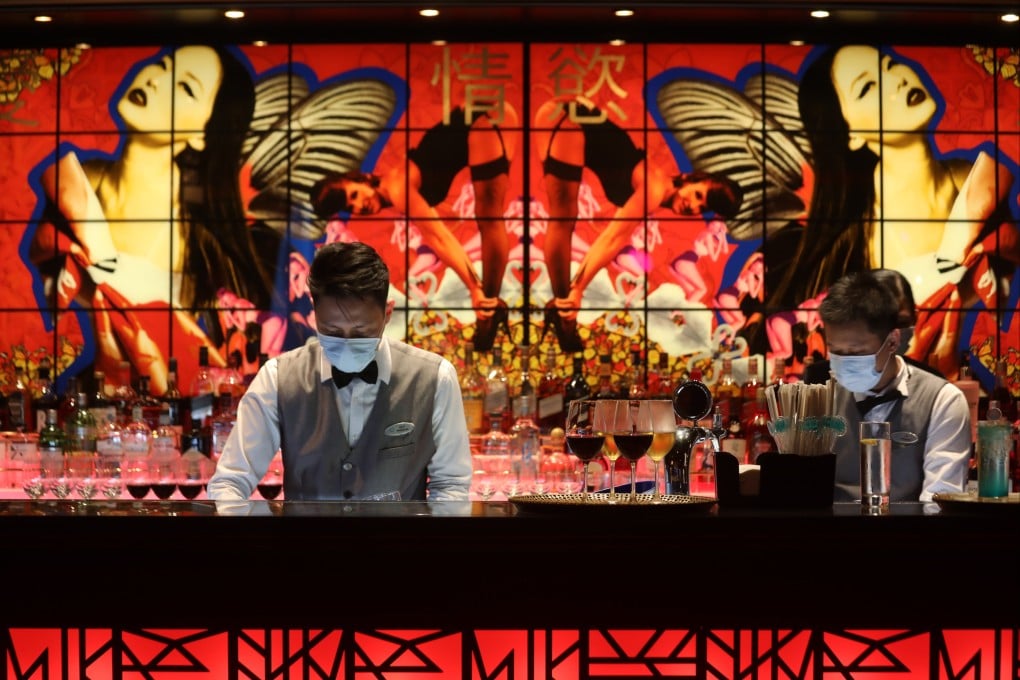Advertisement
Whether in closed Hong Kong or open Singapore, the rich have economic immunity to Covid-19. It’s the poor who suffer
- The two cities have opposite tactics in fighting the pandemic, yet face parallel problems: growing frustration at their restrictions and increasing rich-poor divides
- While blue collar workers battle job losses and inflation, the middle classes spend their way out of frustration. In Singapore, they book trips abroad. In Hong Kong, they paint the town red
Reading Time:9 minutes
Why you can trust SCMP
28

Singaporean father of three YJ works as a warehouse supervisor and used to earn an additional S$1,000 (US$730) a month setting up banners and dismantling fixtures at trade shows and events. That vanished when Covid-19 hit and international travel stalled last year.
With Singapore now opening its borders to 21 places – offering vaccinated residents and tourists the option of quarantine-free travel – and the return of large exhibitions and conferences, the 49-year-old is hopeful that the lost work will return.
Meanwhile, the sole breadwinner of his family is clawing back lost income through food delivery shifts and his family is cutting back on expenses by eating home-cooked meals, dining out only “on special occasions” and going to the beach for recreation.
Advertisement
Travelling – via the vaccinated travel lanes to places where returnees do not need to serve quarantine – to escape stop-start domestic curbs is not an option. For about five months this year, social interactions were limited to two people. Now, people can gather in groups of up to five and receive five visitors at home each day.
In Hong Kong, where there are minimal restrictions on social interactions but international borders are essentially closed, single mother Chau Ching, 52, is wondering when she can return to a job she loves.
Advertisement
The former tour guide who used to earn over HK$20,000 a month, found herself out of work after the anti-government protests that roiled Hong Kong in 2019 put off mainland Chinese tour groups. Then Covid-19 hit, destroying the inbound tourism industry that used to contribute roughly 3.5 per cent to the city’s total GDP.
She is now a freelance events security guard, standing for up to 12 hours a day to bring home around half her usual monthly pay cheque. The amount is just enough for her to pay the rent for her public housing flat, meet food costs that are inching upwards in Hong Kong and elsewhere and support her family. Her 23-year-old daughter is still at school, and her elderly parents live across the border in Shenzhen.
Advertisement
Select Voice
Choose your listening speed
Get through articles 2x faster
1.25x
250 WPM
Slow
Average
Fast
1.25x